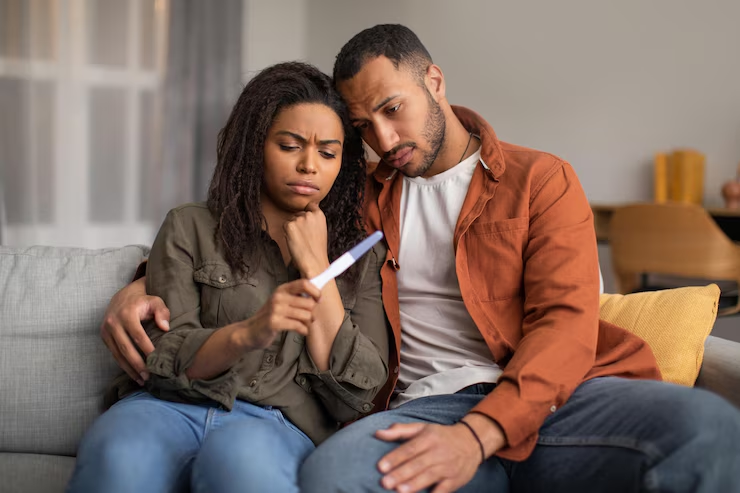Facts About Secondary Infertility

Secondary infertility is the inability to become pregnant or to carry a baby to term after previously giving birth to a baby. Secondary infertility shares many of the same causes of primary infertility.
Among the possible causes of secondary infertility are:
• Impaired sperm production, function or delivery in men.
• Fallopian tube damage ovulation disorders, endometriosis and uterine conditions in women.
• Complications related to prior pregnancy or surgery.
Risk factor changes for you or your partner, such as age, weight and use of certain medications.
If you have frequent, unprotected sex but don’t become pregnant — after a year if you are younger than 35 or after six months if you are 35 or older — talk to your health care provider.
Depending on the circumstances, both you and your partner might need medical evaluations. Your doctor can help determine whether there’s an issue that requires a specialist or treatment at a fertility clinic.
Secondary infertility can be surprising and stressful. Don’t try to cope alone. Seek support from your partner, family and friends as you talk to your health care provider about the next steps.
What is the difference between primary and secondary infertility?
Primary infertility refers to couples who have not become pregnant after at least one year having sex without using birth control methods. Secondary infertility refers to couples who have been able to get pregnant at least once, but now are unable.
Can a C section make you infertile?
A British study has reported that 30 per cent of women who had a C-section were not able to conceive another child. Secondary infertility following a C-section is caused by improper healing of scar tissue in the uterus following the surgical incision in the uterine wall to allow birth.
Is it possible to become infertile after having a baby?
Secondary infertility is the inability to conceive or carry a pregnancy following the delivery of a child. While it is not uncommon, the good news is that you are more likely to have a successful second pregnancy if you already have a child.
What are the chances of a woman being infertile?
Age is one of the main factors that can drive up a woman’s risk of infertility, which affects approximately 10 percent of women between the ages of 15 to 44. By 40, a woman’s chances of becoming pregnant drop from 90 to 67 per cent; at 45, a woman has just a 15 per cent shot.
What does it mean if you’re infertile?
The main symptom of infertility is the inability to get pregnant. A menstrual cycle that’s too long (35 days or more), too short (less than 21 days), irregular or absent can mean that you are not ovulating.
